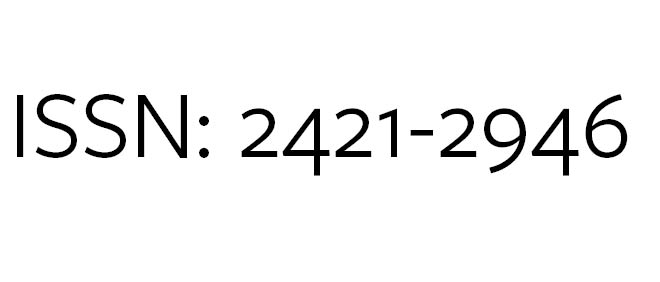Ethical-social education: Evaluating learning, evaluating practices
Rossella D'Ugo, Valentina Montani, Marta Salvucci
The paper, in continuity with the intentions presented in Evaluating the moral education curriculum (D’Ugo, 2021), has as main focus the presentation of two monitoring tools that allow teachers to answer cyclically and critically to two specific questions: which teaching practices are necessary to promote and train ethical-moral habits in their students? And, consequently, how can the type of learning that will result from it be monitored (ethical-moral habits)?
The option presented here, to try at least partially to answer these questions, aims to define forms of evaluation that support the collection of data through forms of assessment and self-assessment, for the purpose of a didactic and learning aimed at promoting an ethical-social education curriculum.
Specifically, the first part of the paper is dedicated to the presentation of an evaluation/self-assessment scale defined to support teachers in the design and reflection of teaching practices aimed at promoting the procedural principles, defined, presented and discussed in the volume A curriculum of ethical-social education by Baldacci (2020); on the other side the second part is focused to the presentation of the process of construction and validation of a range of evaluation headings constructed with the aim of monitoring the development of the learning process within the framework of the same procedural principles. Finally, the contribution is accompanied by a rich appendix on tools.
Keywords
School curriculum, Assessment-evaluation, Monitoring tools, Teaching professionalism.



